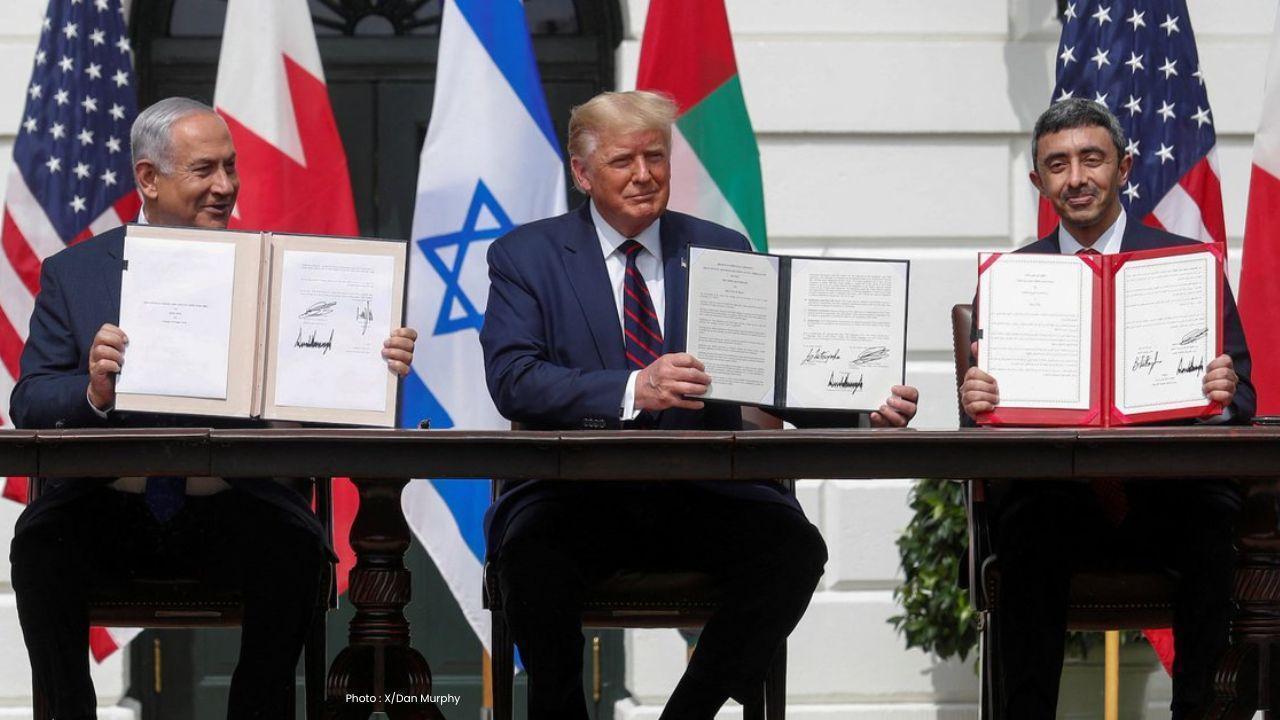
Post by : Abhinav Rana
The United Arab Emirates has escalated its diplomatic posture toward Israel, signaling it might downgrade ties if Prime Minister Benjamin Netanyahu’s government moves forward with annexing part or all of the Israeli-occupied West Bank. While not currently considering a total severance of relations, officials say recalling its ambassador and other symbolic steps are being discussed. For a nation that normalized relations with Israel in 2020 under the Abraham Accords, the possibility of scaling back is a dramatic reversal and a strong message of resistance to annexation.
UAE sources say the threat of downgrading ties stems from mounting indications inside Israel’s political sphere that annexation is moving from rhetoric to planning stages. Senior Israeli ministers, including Finance Minister Bezalel Smotrich and National Security Minister Itamar Ben-Gvir, have publicly advocated annexation or expanded settlement activity in the West Bank,to the UAE, whose leaders have repeatedly emphasized the importance of a two-state solution and mutual respect under the Abraham Accords, annexation represents a breach of promises and trust.
The Abraham Accords- the 2020 normalization agreement between Israel and several Arab states including the UAE is the foundation of UAE-Israel diplomatic, economic, and security cooperation. Emirati officials, including Assistant Foreign Minister Lana Nusseibeh and diplomatic adviser Anwar Gargash, have warned that annexation would violate the spirit, if not the letter, of the Accords. The UAE has publicly denounced efforts that expand settlements, alter the status of Jerusalem, or disregard Palestinian statehood. Such actions, officials argue, endanger regional integration and could unravel diplomatic gains made in recent years.
According to sources, a range of diplomatic responses is being reviewed by the UAE. Options include recalling its ambassador from Israel, downgrading representation, and reducing cooperation across governmental, intelligence, or defense channels. These moves serve as symbolic pressure without breaking formal relations. The UAE is reportedly avoiding narratives that suggest complete severance, but the intensity of its warning indicates that non-cooperation or reduced contact is not off the table.
For Israel, the UAE’s warning is significant. Maintaining gains under the Abraham Accords has economic and diplomatic value: investments, trade, tourism, intelligence cooperation, and security collaborations. Losing even parts of those benefits could isolate Israel regionally and reduce cohesion among its Arab partners. It also raises political cost for Israel’s leaders, especially those pushing annexation, as decisions that once seemed domestic become matters of international consequence.
Other Arab states are watching closely. The UAE’s stance may encourage similar warnings or diplomatic retrenchments from other countries that normalized ties with Israel under the Accords. For regional stability, annexation represents a red line not just for the UAE, but for many in the Arab League and beyond. Some Gulf states have already expressed concern and draft resolutions at recent summits warn that annexation threatens peace efforts, normalization drives, and regional security frameworks.
Under international law, most countries consider Israeli annexation of occupied territory as violating norms. The United Nations has long rejected attempts at unilateral annexation of occupied lands. In addition, the U.S., which helped broker the Abraham Accords, has an interest in preserving those agreements and has often acted as mediator. The UAE’s position puts pressure on both Israel and the U.S. to revisit promises and protect diplomatic agreements. Whether external powers push back or attempt to influence Israel’s internal policy will partly determine how this drama unfolds.
Inside Israel, pressure for annexation comes from right-wing coalition partners who see political advantage in expanding sovereignty over the West Bank. Smotrich and Ben-Gvir have advocated for maps, legislation or administrative changes that could formalize annexation or settlement expansion. Netanyahu’s coalition has often balanced this pressure with international consequences, but as these internal pushes intensify, the UAE’s warning becomes a counterweigh-introducing diplomatic risk to domestic political gains.
While the UAE’s threat is serious, there are many uncertainties. A key one is timing: whether Israel will take overt steps toward annexation (legislation, new administrative control) or limit action to settlement expansion. Another is what the UAE (and other Arab states) would do in practice—how far diplomatic downgrading would go, and what costs the UAE is willing to incur. Additionally, responses from global powers, including the U.S., EU states, and others may influence whether Israel proceeds or retreats.
Observers will be closely monitoring public statements from Israeli ministers like Smotrich and Ben-Gvir, any drafts of annexation legislation or maps, and Israeli government moves in administrative control of West Bank territories. On the UAE side, diplomatic communiqués, embassy staffing changes, and shifts in government-level cooperation (economic, security, cultural) will be telling. Also important will be how other Arab states respond, whether they echo the UAE’s position, follow suit, or remain silent.
The UAE’s posture is not simply one of protest but of potential action. By placing annexation of the West Bank as a “red line,” it has elevated a political debate into a matter that could reshape alliances, economic ties, and regional norms. The Abraham Accords once symbolized a new chapter in Arab-Israeli relations; now they may become the lens through which the integrity of those relations is tested. What happens next will challenge not just leaders, but the durability of diplomatic frameworks in one of the world’s most volatile regions.
#trending #latest, #UAE Israel relations, #West Bank annexation, #Abraham Accords, #diplomatic downgrade, #UAE red-line
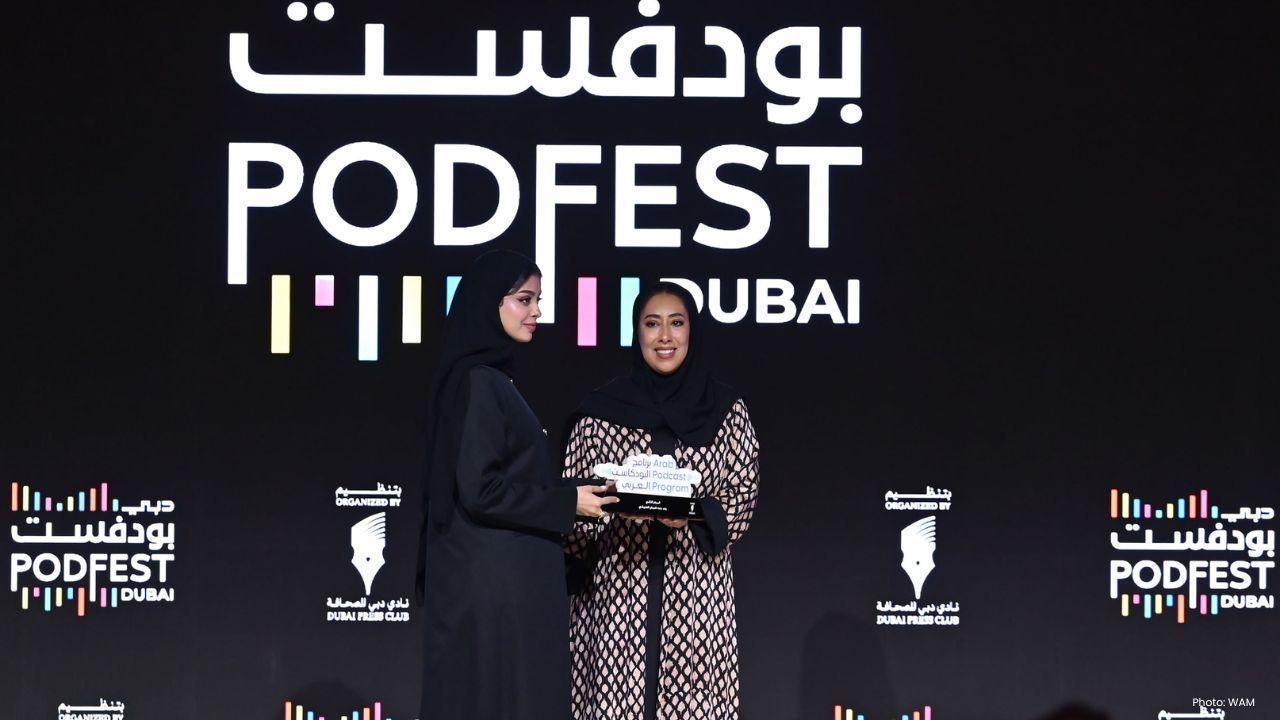

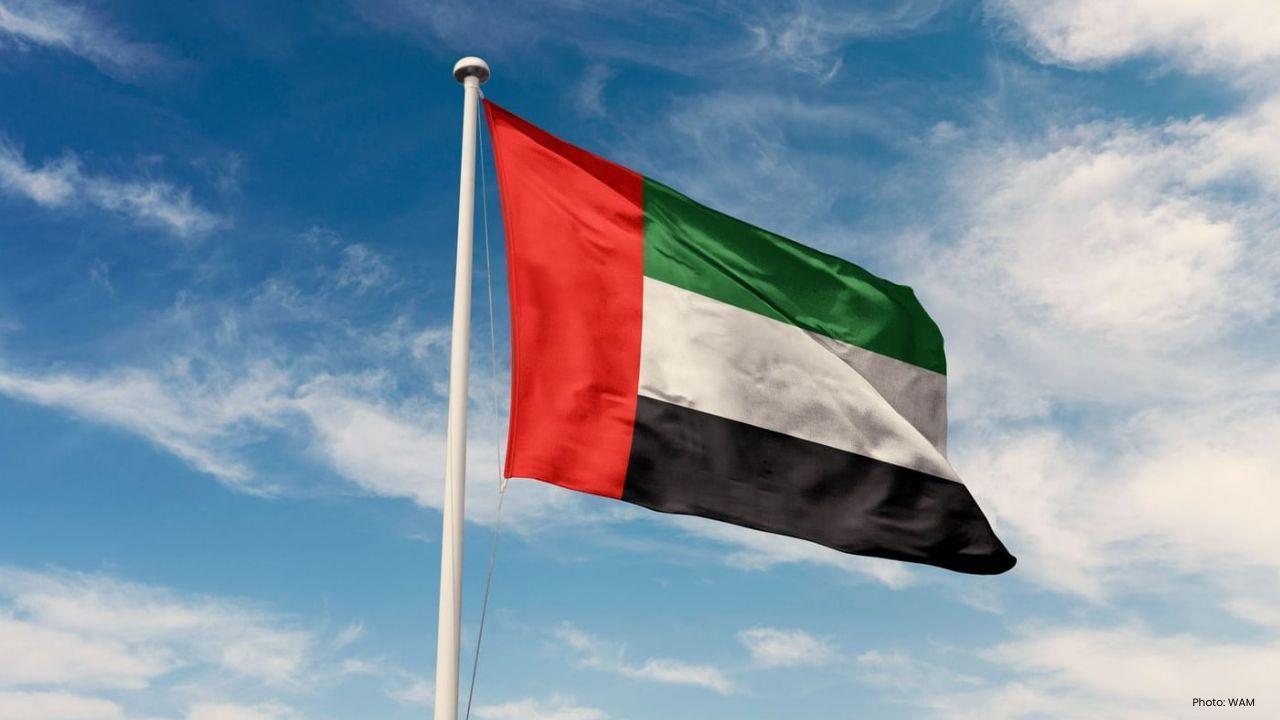
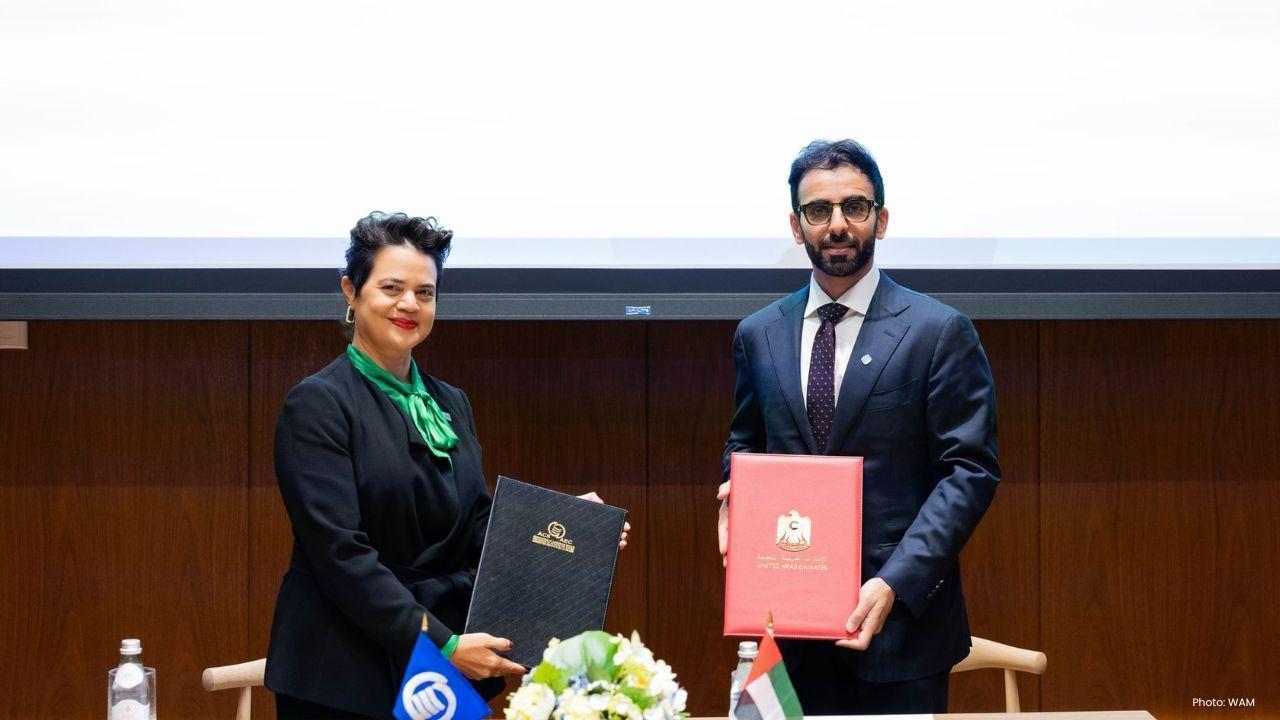


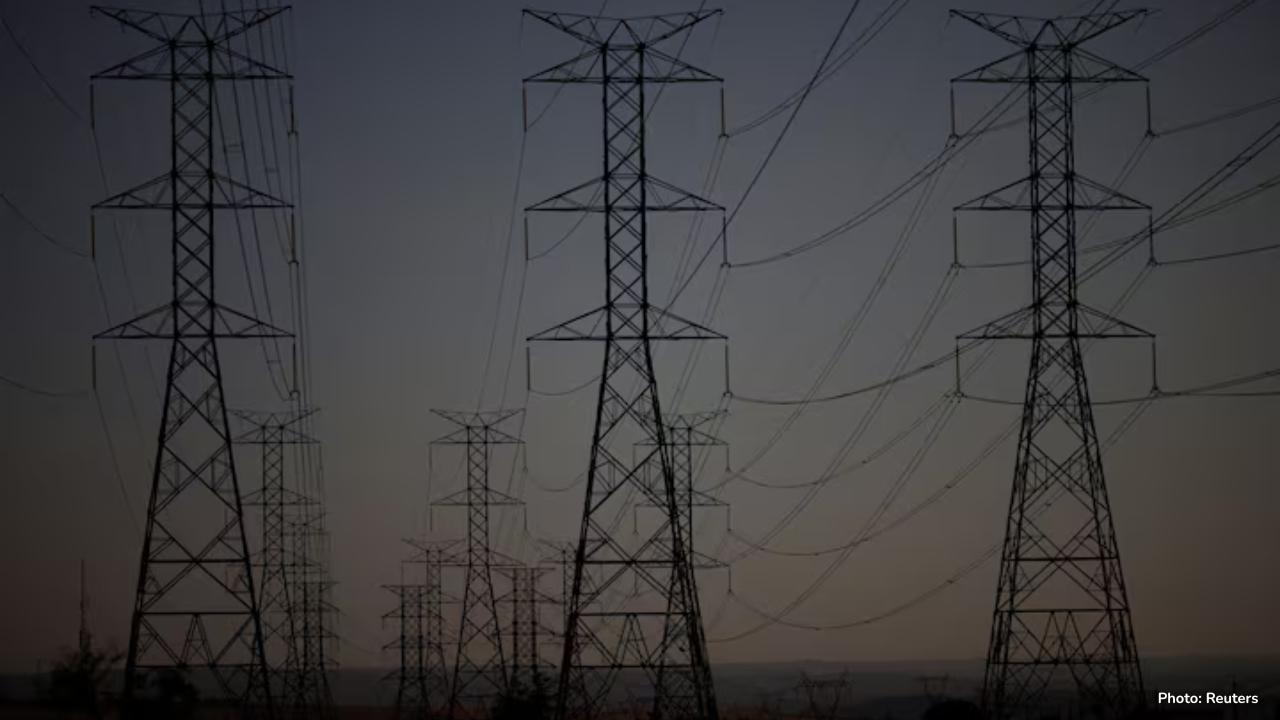

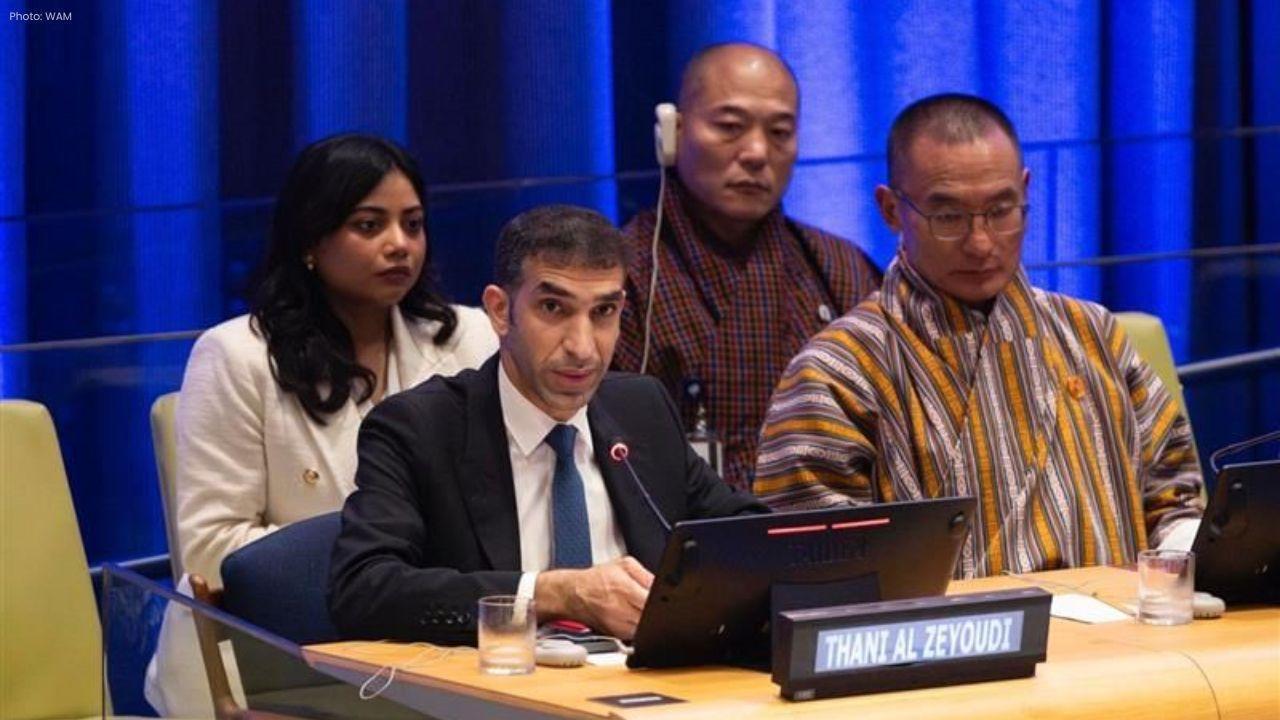

OpenAI's Revenue Soars to $4.3 Billion in First Half of 2025
OpenAI's revenue reaches $4.3 billion in the first half of 2025, marking a 16% increase from the pre

UAE Leaders Send Condolences to Saudi King Over Princess Abta's Death
UAE rulers and crown princes sent heartfelt messages to King Salman, mourning the passing of Princes

Brazil's Surplus Clean Energy Attracts Crypto Miners
Brazil's excess renewable energy is luring cryptocurrency miners. Companies like Tether and Renova E

Visa Tests Stablecoins to Make Global Payments Faster
Visa is testing stablecoins for international payments, aiming to speed up transactions and reduce t

Opera Unveils Neon AI Browser for Smarter Web Browsing
Opera introduces Neon, an AI-powered browser that automates tasks and enhances privacy, aiming to re

Albanese Visits Sheikh Zayed Grand Mosque in Abu Dhabi
Australian PM Albanese tours Sheikh Zayed Grand Mosque, highlighting peace, tolerance, and cultural